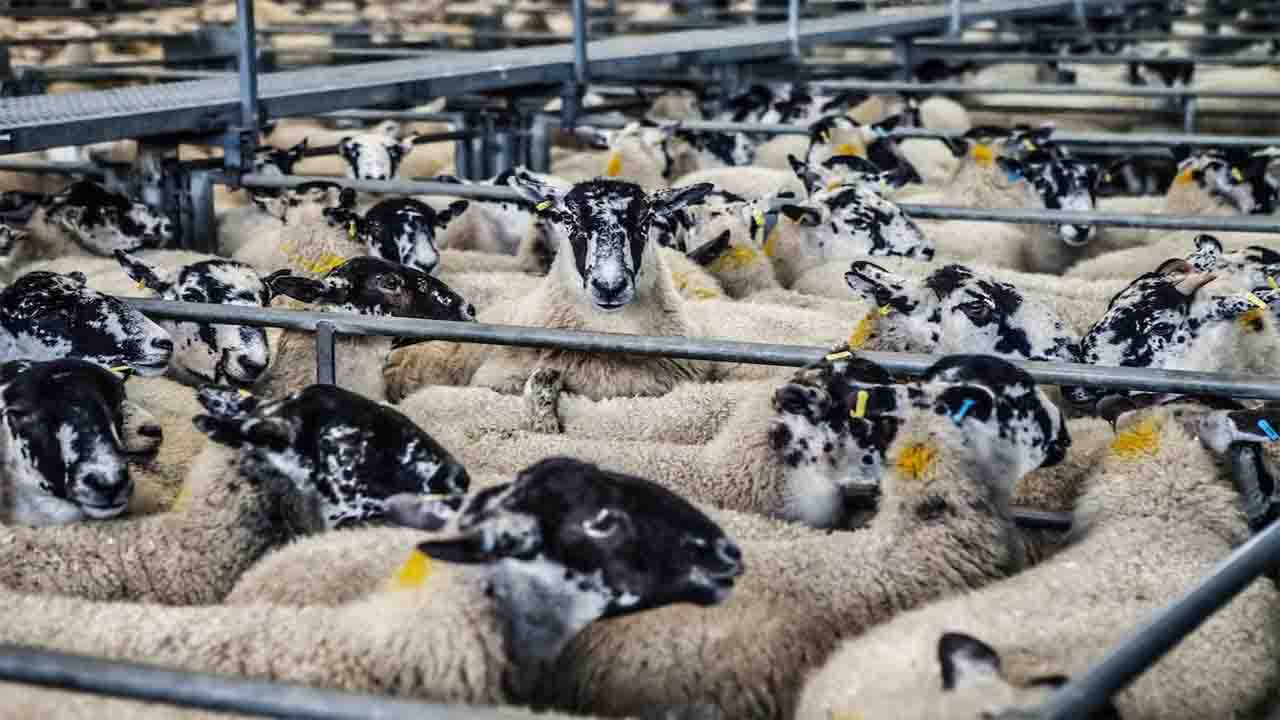NIGERIA – Nigeria potentially stands to reap a bountiful number of US dollars from its crude assets in the next one decade at least, from now. This is not from several upward price spike regimes experienced from the 1973-74 Arab oil embargo up to the recent present crude price increases. The factors tilting oil fortunes towards Nigeria for the next one decade are different.
What is evolving in the global crude oil market are structural market fundamental shifts creating lucrative space for the Nigerian crude destined abroad and within the country. The upside peculiarity of Nigerian crude types referenced under three crude variants in the global market makes Nigeria a reference country in the global space for profitable distillates like Butane and Propane, Petrol, Aviation Fuel and Diesel. All the Nigerian crudes under three referenced variants – Bonny Light, Forcados, and Qua Iboe – hold vast amounts of such precious distillates. Major refineries in a larger part of US refinery market and Europe were configured primarily on feedstock coming from these Nigerian crude types. Market began to close against Nigeria from 1988 when the US market shed off a massive eight million barrels per day of crude demand from energy efficient use strategy. Diplomatic alliances with Russia also restricted import expansion in key European countries with strong appetites for Nigerian crudes like Netherlands, Spain, France and Germany as Russia fed them with its Urals.
Today, the market dynamics are changing, with a projected sustain loss trajectory of four million barrels per day of crude oil from Russia for at least, the next 10 years. This projection is based on the 2022 first quarter global crude oil demand and supply market reports in which Nigeria is key. For the 131 million barrels of crude physical discharged and received out of Nigeria for the first quarter 2022, Indian bought 24 million barrels translating to 18.78% of the total purchase and qualifying as number one. Key countries including India on which this projection is chronicled in the context of these fundamental structural market changes that are opening space for Nigerian crudes are Russia, Netherlands, Spain, Italy, France, Germany, US and Canada.
In this analysis, it is projected that Nigeria is going to miss its market share in India solely because some of Russia’s loss has found itself into India, driven by heavy unprecedented discounts and crude consumption diet of India, which is a blend of light and heavy crudes that it survives on. However, this loss is already being filled up by sales to Europe with Netherlands and Spain already occupying 2nd and 3rd positions in the Nigeria’s current trade as shown in the first quarter report of 2022. Netherlands has a total refining capacity of 1.2 billion barrels per day which matches the giant Gujarat of India. From global trade data monitor for crude oil import and export numbers, data for countries future refining potential from IEA, the US Energy Information, Rapidan Energy and Nigeria export monitor data, it is established that Netherlands, Spain, France, Germany and Italy have spare refining capacity to lap up an extra 3.5 million barrels per day coming from Nigeria. Thomson Reuter Refinitiv report of last week confirms the drying out of Indian purchases due to opening up of new markets in North Eastern Europe and the Americas. It says “West African crude and condensate exports rose to 27.58 mmbbl last week, up from 23.33 mmbbl a week earlier. According to the data available at present, 1.06 mmbbl are expected to discharge in China, down from 4.93 mmbbl in the previous week. No shipment has been recorded for India. 6.54 mmbbl are heading to NWE, 5.06 mmbbl to the MED and 3.76 mmbbl to the Americas”. West African crude and condensates are mainly Forcados, Bonny light, Qua Iboe and a few of Cabinda and Girasol from Angola. Crude on the way to China are definitely Cabinda and Girasol of Angola.
Regarding the Nigerian-US market, US commitment of crude oil supplies to Europe following Russian oil ban, is already widening demand-supply gap with the 50 states monitored recording a net supply deficit of 450,000 barrels of crude oil per day. On 29 April 2022, (just weeks back) a vessel was seen discharging 966,687 barrels of Nigerian Qua Iboe crude in Philadelphia Port. Thompson Reuters Refinitiv reports that in this location designed as Petroleum Administration for Defense Districts 1 (PADD1), Nigeria was one of the top three exporters of crude in March 2022 with a total crude discharge of 1.9 million barrel from 1.3 million barrel in February 2022. The second in rank is Russia which declined from 2.2 million barrel in February to 1.0 million barrel – more than half of market share loss in just 31 days. Many industry watchers submit that in US, as declining Russian Urals is being replaced by Nigerian Qua Iboe so also shall the expanded imports of the best global crude variant due to support commitments to Europe is destined to be replaced by Nigerian crudes. This scenario also goes for Canada which was seen in March paying Nigeria US$599 million for Nigerian crude oil received. Experts are estimating an additional import potential of at least, three million barrels per day from this North American region.
In order to reap these opportunities and meet domestic demand of the 600,000 barrels by upcoming Dangote refinery, Nigeria must increase its current production with an additional irreducible minimal of 3.5 million barrels per day. Therefore, the coming administration must depart from previous administrations’ styles of managing the Nigerian crude oil industry. Past administrations including the last of the barrack boys have made a mockery of Nigerians in this business. No policy, programme, target, documented aspiration has ever come light. The most recent and the painful one is the 7BIG WINS Short- and Medium-Term Priorities to grow Nigeria’s Oil & Gas Industry between 2015 and 2019. In this hopeful programme, every key performance indicator promised Nigerians died on the very day they were presented. Recall that we were promised an increase crude oil proven reserves from 37.06 billion in 2015 to 40 billion by 2019. You will also remember the promise to increase crude oil production from 1.6 million barrels per day to 2.8 million barrels per day. Where is the US$100 billion investment inflow targeted? Rather we have since then experienced divestment from producing assets by Chevron, ExxonMobil, etc. Shell is still shedding weight. The worrisome results of this unserious management of key national asset are the loss of confidence of its citizens on the government, losses in revenues, strains on fiscal portfolio and increasing debt profile. This is exactly the situation that has led the country to depend on only one institution – The Central Bank of Nigeria – for the entire management of its economy.
There are quite a lot the coming regimes must never ever be seen doing and one is deeply serious. That is to continue in the unprofitable and defeating governing styles of the past regimes in managing the country’s prime asset. The lies and failed promises of the past must be stopped. Equally, there are a lot the coming administration must do. Capitalize on the global market opportunities presented to Nigeria and reap the benefits therefrom. Debts have piled up on account of lack of foreign exchange. Naira value is escaping the strong hold of the CBN on account of lack of commensurable foreign exchange inflow. Money is needed for energy transition, roads, housing, security, education, health, social care and welfare. Now that global crude market is beckoning, we plead with the incoming administration to positively go for it. More so as it is evidently achievable. A production of five million barrel per day in 10 years takes only 18.25 billion from the current 37.06 billion crude oil proven reserves which is only half of the proven reserves without any spending on increasing the reserves. Visibly too, the market opportunity is there. We have the reserves. What we need is a government which should be better than any government, reformers, game changers, nationalists, natural resource optimizers, go-getters, result oriented, passionate, well-equipped and enlightened individuals, Nigeria’s real daughters and sons to plug these low hanging fruits of natural resource endowment for us in the next 10 years of our democracy.
















